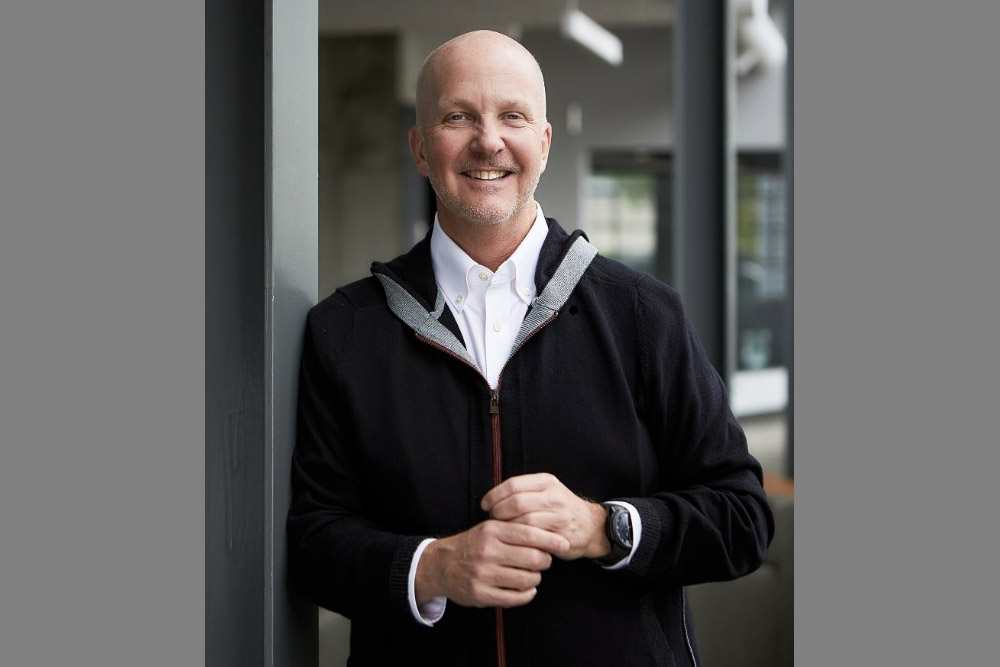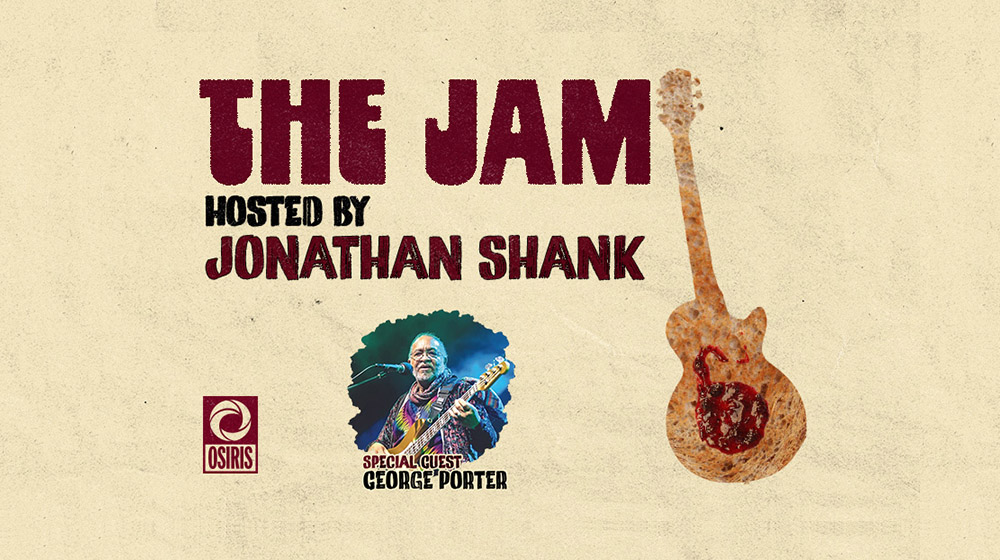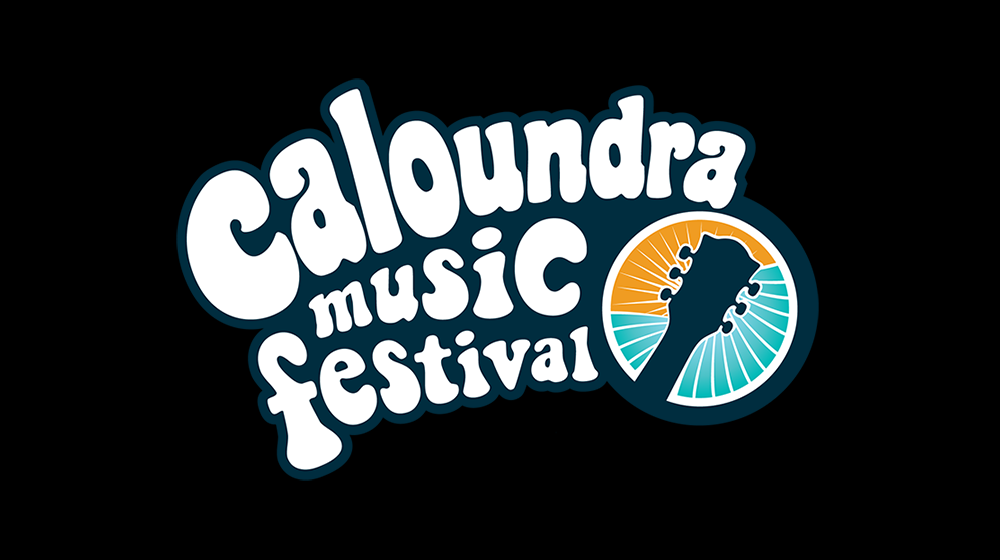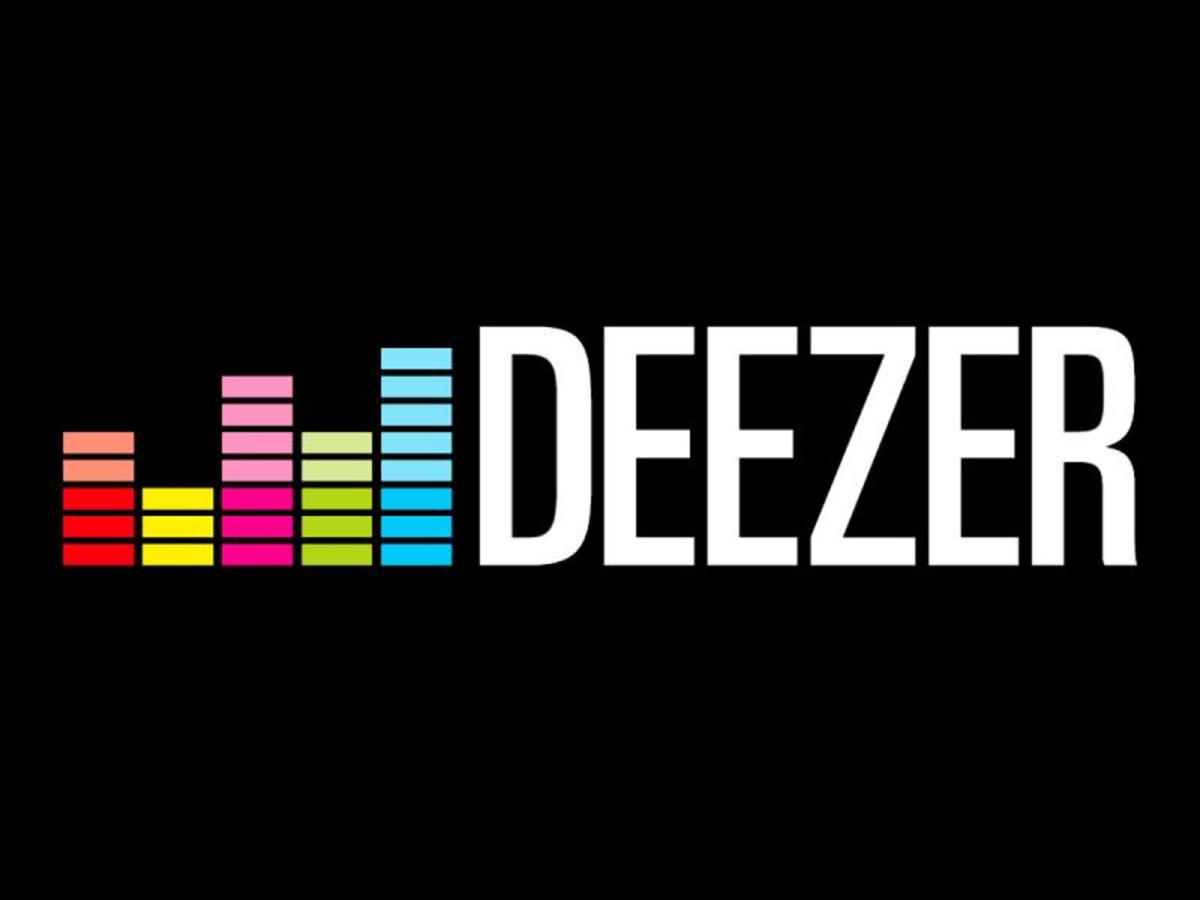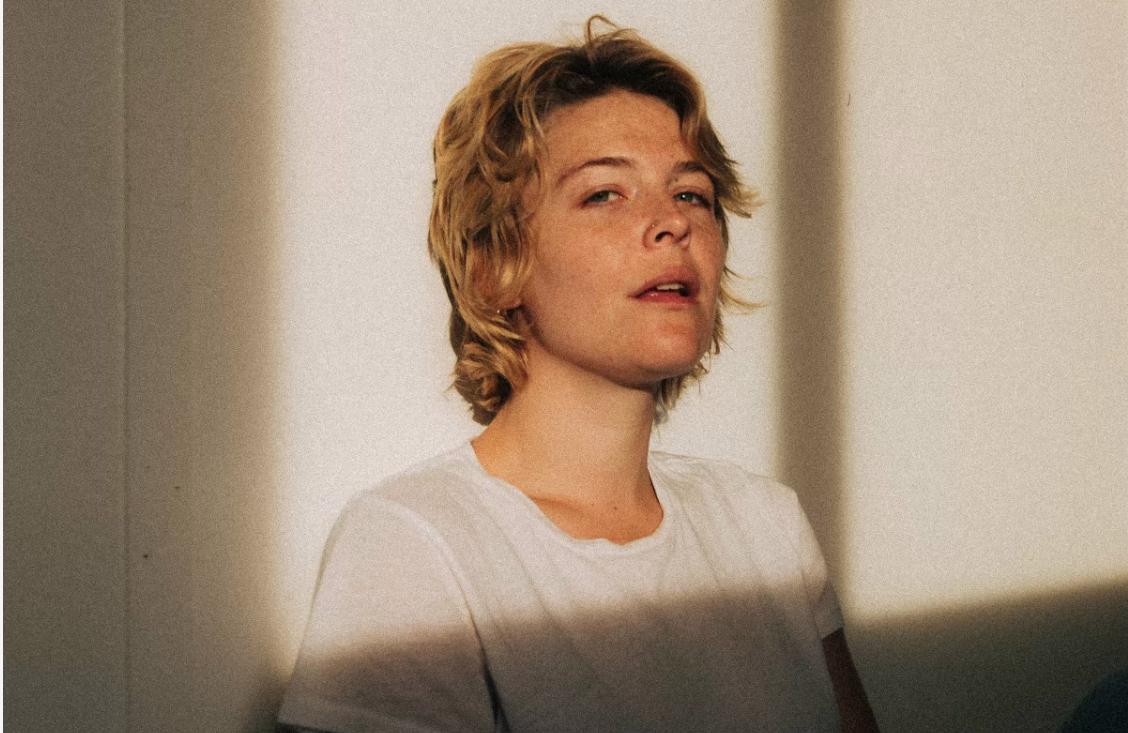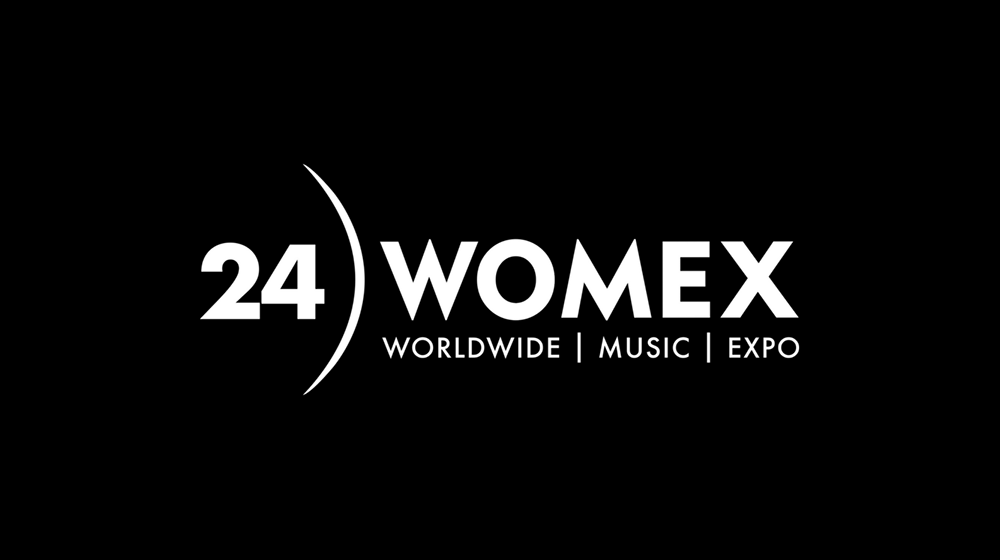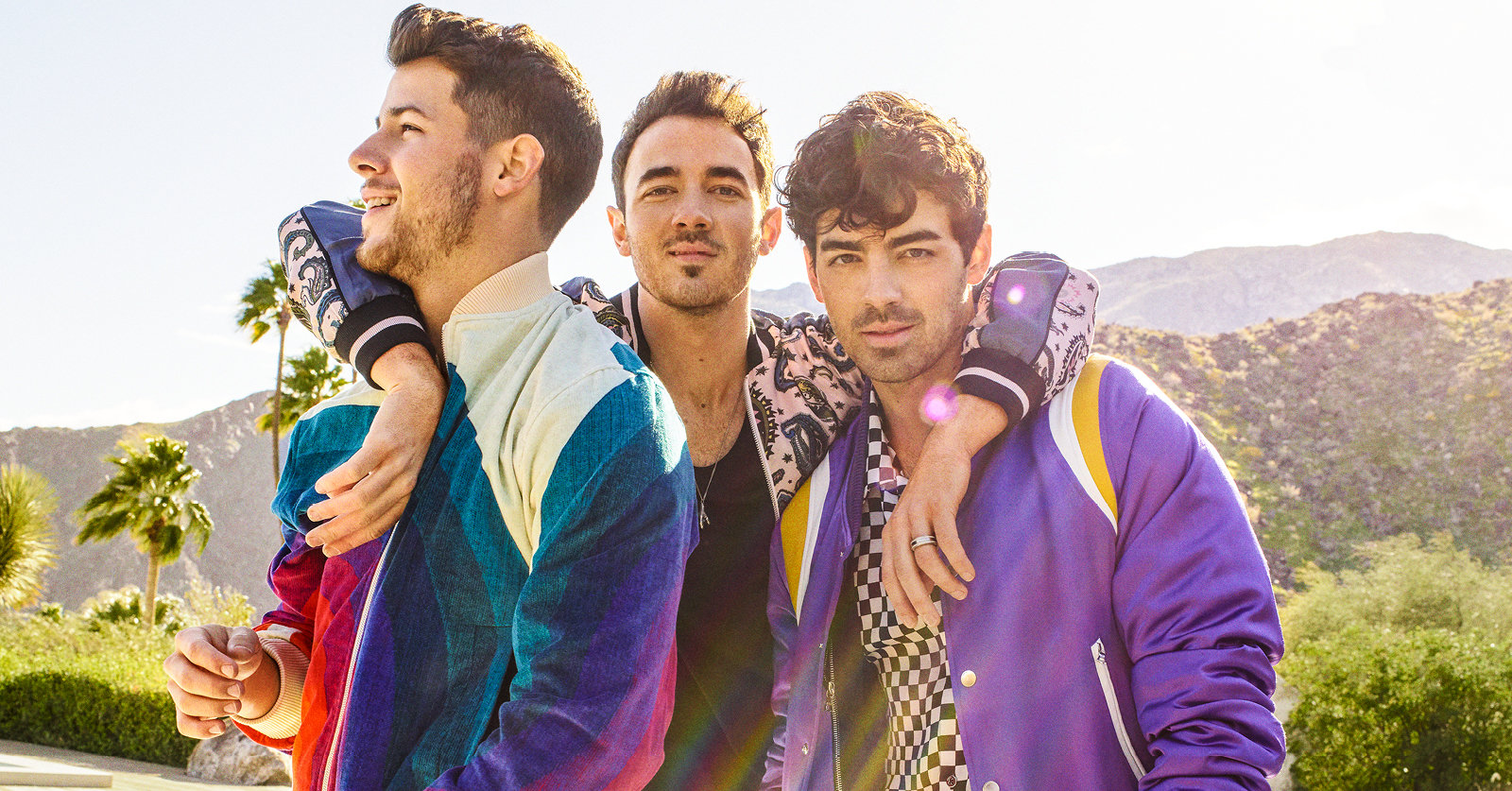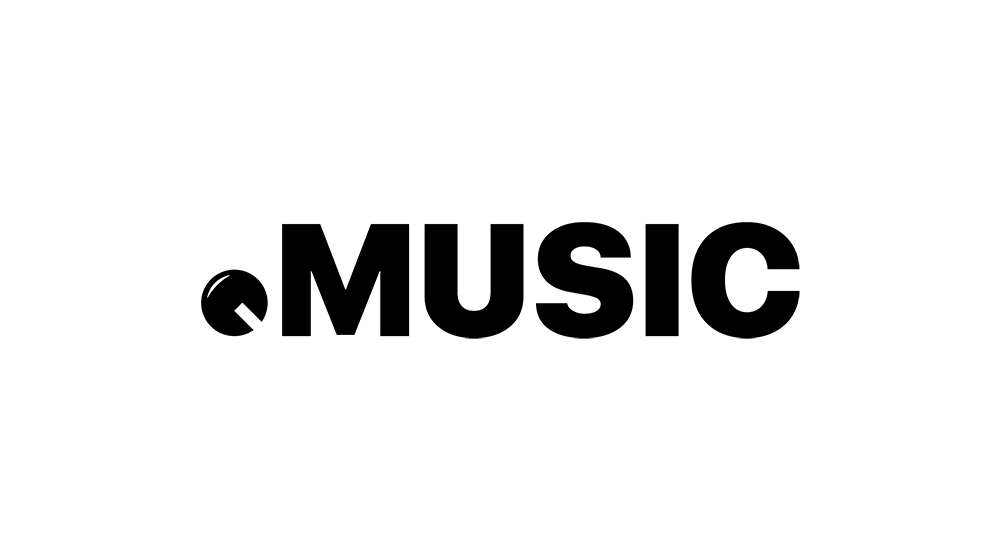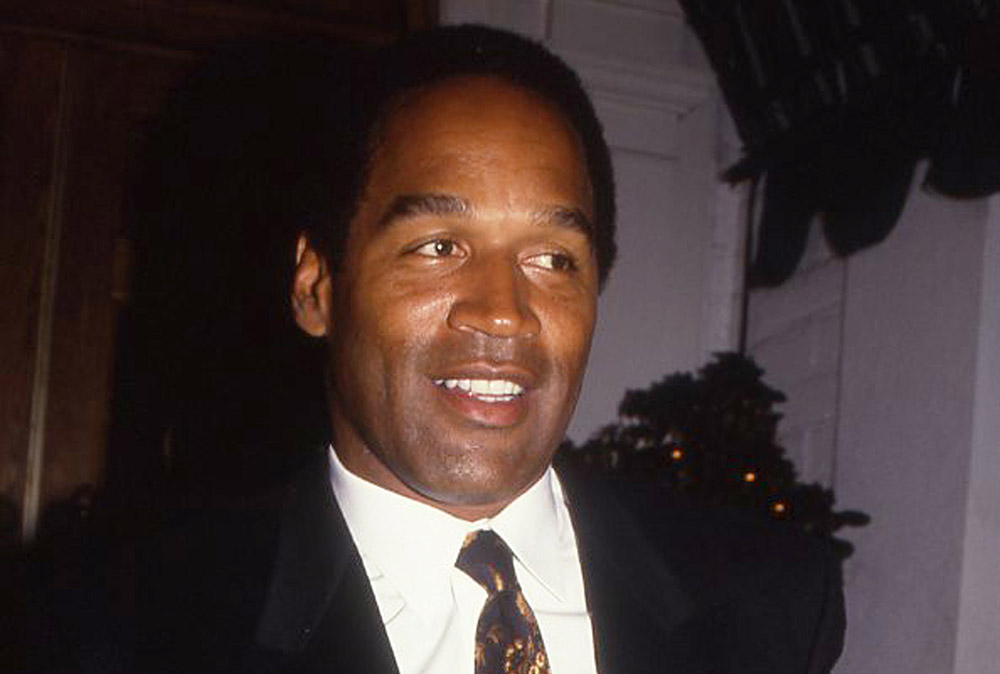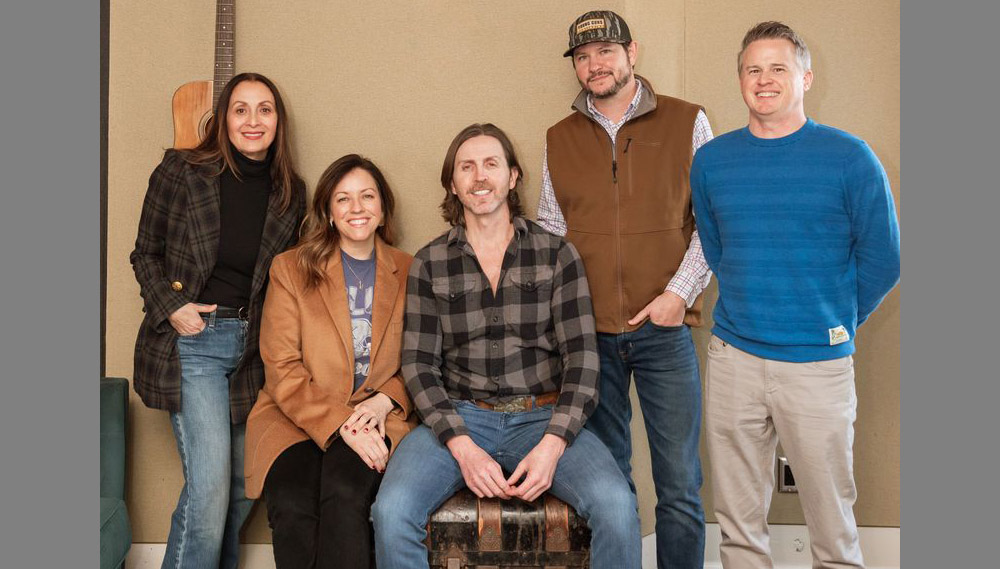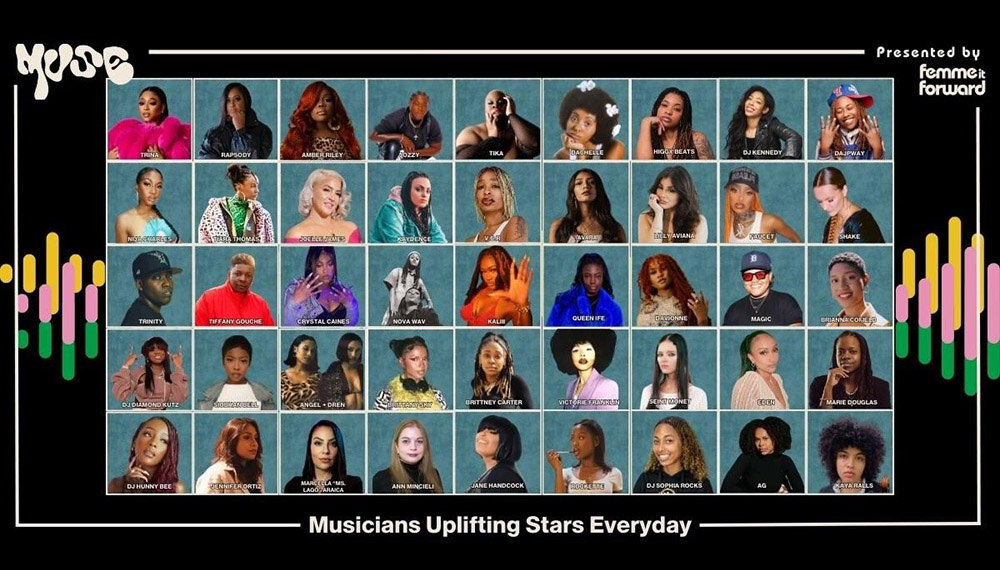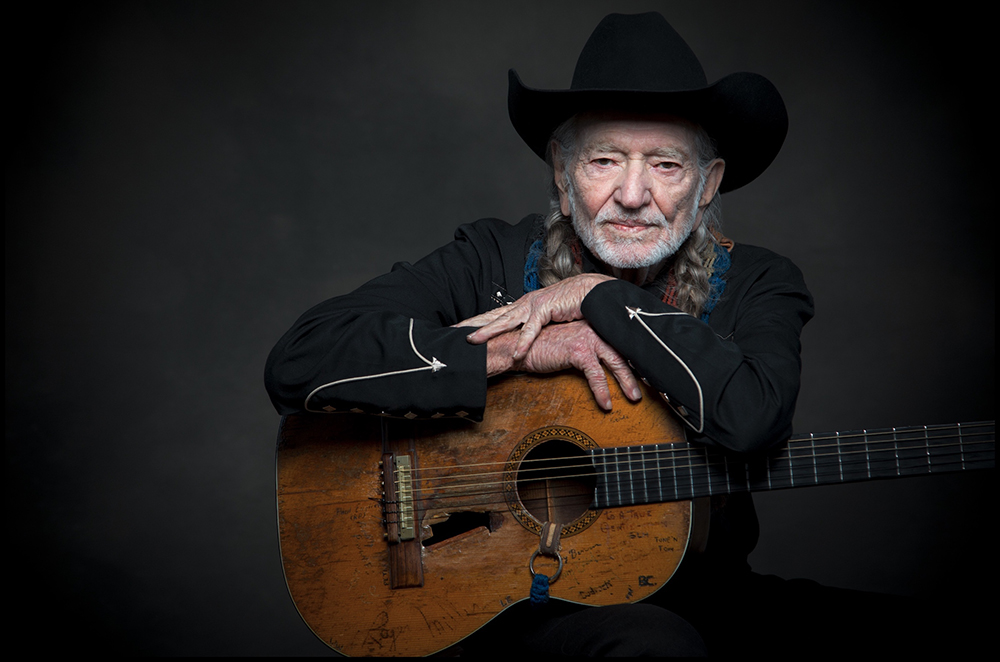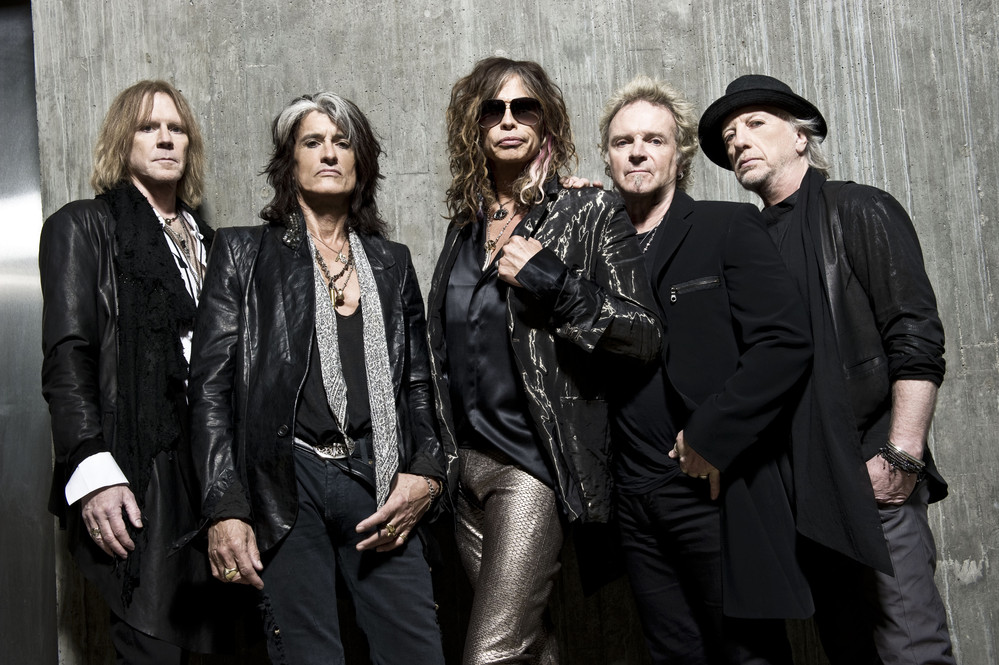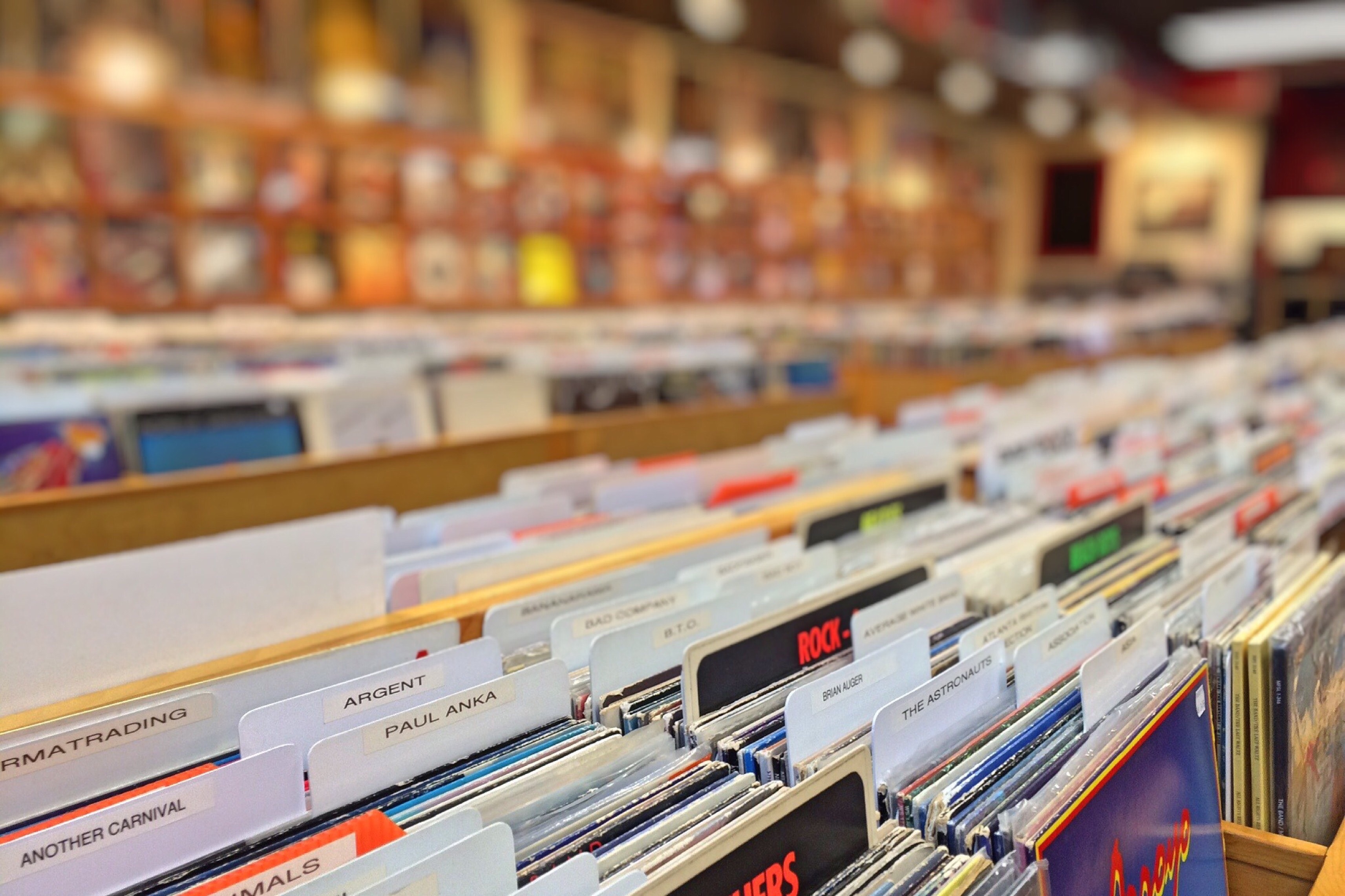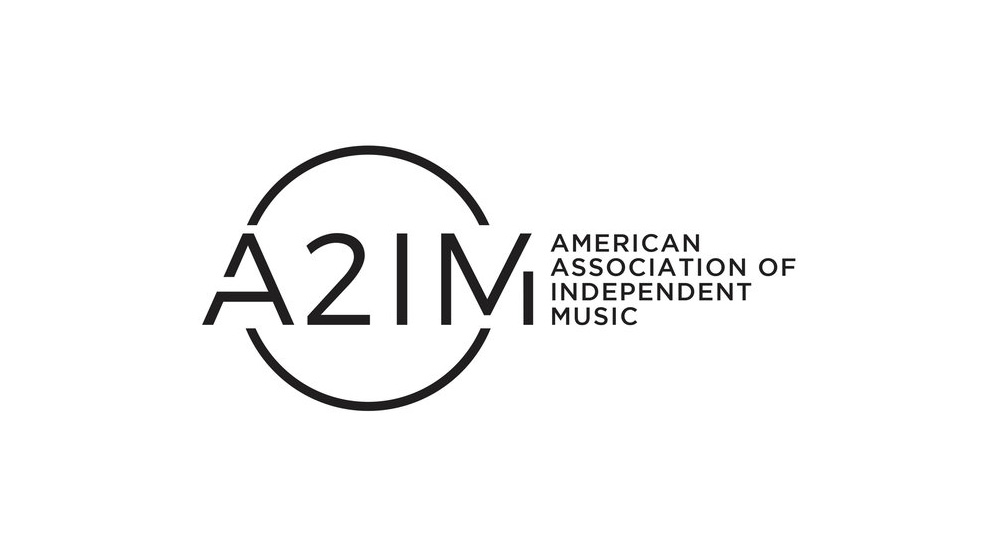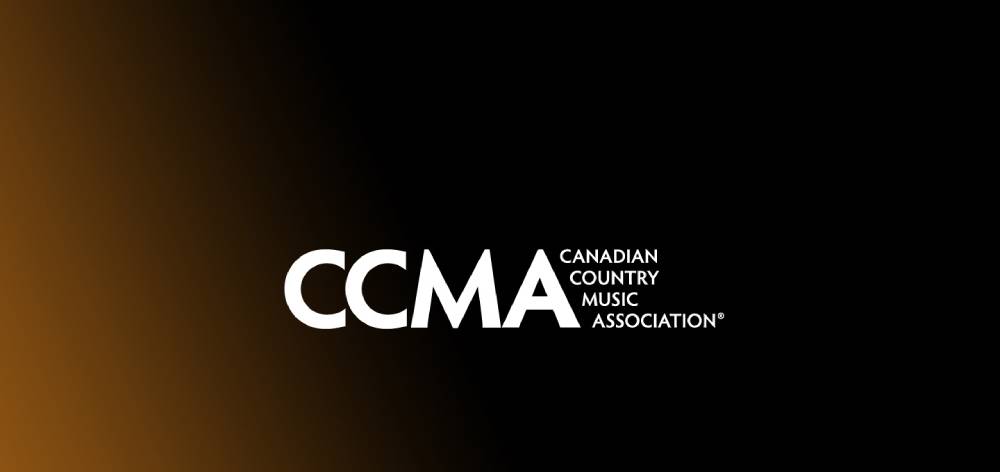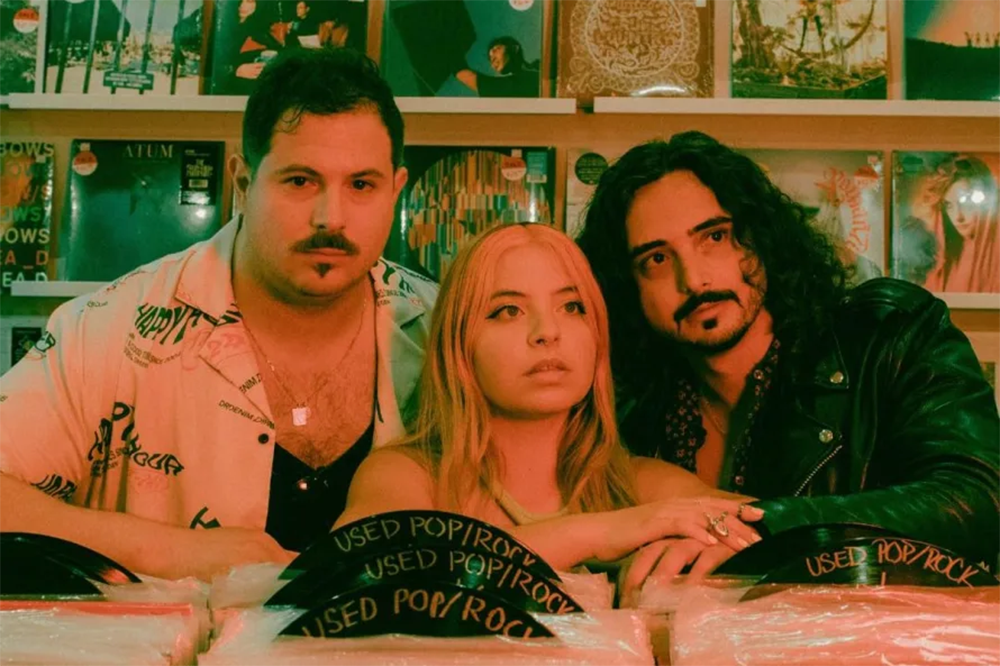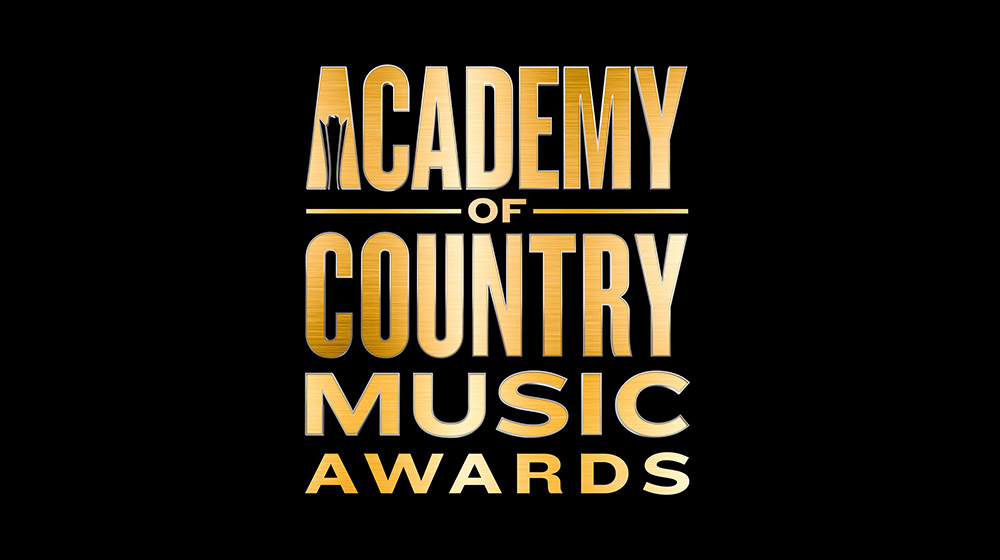
Van Halen honed its chops in the clubs.
At the edge of Boys Town was a cavernous barn known as the Starwood. Booking no-name hard rock acts, it's from there that Van Halen emanated. Back when you had to come to L.A. to make it, when you started out live as opposed to online, when how you could play and perform were paramount.
Featuring a flamboyant frontman and brothers and a friend all from Pasadena, the act struggled, looked for investors, cut a demo with Gene Simmons (the best investment the Kiss frontman ever made, even though it did not pay dividends for him), the band's name slowly became known and higher profile gigs were attained.
Like opening for Nils Lofgren at the Santa Monica Civic, when that was the premier theatre in the Basin, where you performed if you could not fill the Forum. They did the full-on act, David Lee Roth resembled no one so much as the execrable Jim Dandy of Black Oak Arkansas and it was all a laugh until the album came out, cut by uber-Doobie helmsman Ted Templeman and released on Warner Brothers, the paramount label of the day.
It was astounding. Airplay was initially a cover of the Kinks klassic kreation "You Really Got Me," but what was positively revelatory was the first side opener, "Runnin' With The Devil." Dave screeched and screamed, the bottom oozed, but what was undeniable was the riff, flung by the soon to be famous Eddie Van Halen, the new gunslinger in town.
That's right, guitars still mattered. And the classics like Clapton and Beck were still on their victory laps, but there hadn't been a riff as indelible as this since "Smoke On The Water," it infected the entire Southland, blasted first from the boys' hometown outlet, the pre ROQ of the 80s KROQ. Back when you could be an instant overnight success, back when you could woodshed in near silence, back when you could emerge fully-formed to spread your sound from radio station to radio station, turning on not only those in the metropolis, but those in the hinterlands.

And then came MTV.
Well, not that fast. There were multiple albums and multiple hits. Van Halen was a feature on FM radio, which ruled. Sure, disco was a reaction to corporate rock, but it had no effect on Van Halen. Van Halen was not calculating, not playing it safe, not figuring out the Lee Abrams formula and delivering it, rather this was an act that if not quite sui generis, was blazing its own trail. Literally, across America, screwing and drinking when that was what you did it for. Sure, getting paid was a feature, but there was so much dough you didn't have to worry about it, you could just play. And who doesn't want to play?
But MTV took Van Halen to the biggest band in the land. It happened at the advent of 1984 with "Jump." Filling the after holiday hole, the band rushed into this vacuum and satiated fans and converted those who previously did not care.
And then they broke up.
It's always the singer. He leaves the band behind. Whether it be Alice Cooper or Phil Collins. They've got the name, they're the ones out front. They're the ones the public remembers.
And it's not like Diamond Dave did not have all these qualities, with an irreverent motormouth to boot, but he was not the magic elixir, that was Eddie.
That's right, Dave came out of the box first, singing about California girls, before Katy Perry bastardized the concept, resurrecting the old chestnut "Just A Gigolo," but it turns out the audience was really waiting for Eddie.
Imagine if Max Martin shredded. Imagine if he played in a band. Then you might understand Eddie Van Halen. If Max Martin wrote memorable tracks as opposed to disposable ditties.

Turned out the public was smart. They were not fooled by the media. They were waiting for the iconic player, to hear what he had to say.
And what he delivered was a question, "Why Can't This Be Love"?
Sure, it was a different singer. And new vocalist Sammy Hagar, a journeyman with notable credits, delivered, but it was really about the track. At first you were flummoxed. The cut didn't sound exactly like what had come before. It pushed the envelope. It confounded you. It was a twisty-turny amusement park ride with a distortion-laden sound that cemented itself in your brain the second time through…you had to hear it again, you had to know whether it was a hit or not.
And it was.
That's what today's rockers don't understand. Sure, there's not a dominant radio network we're all listening to, never mind a dominant music television channel, but without the goods you're nowhere. You've got to give the machine something to work with. And Van Halen did.
And since you purchased the album, because this is what you did back then, there were no singles, there was no YouTube, you found a magic mash-up of Eddie's signature sounds with Sam's histrionics and you just had to play it again and again. Sure, "Dreams" became an anthem, but if you never cranked "Best of Both Worlds" to window-rattling volume you've got no hard rock cred. That's what it's all about, turning it up and drowning out a world that doesn't understand you, that is working against you, back before the players were in bed with these same people. Hell, how can you believe in an act that ties up with the same soulless corporations that trample you?
And after "5150" came "OU812."

If you want an explanation, listen to "Finish What Ya Started." Which had no predecessor in the Van Halen canon. Back when the album cuts were our favorites, when we went to the gig just to hear them, before it was greatest hits all the time.
But the big hit was "When It's Love."
And I heard that today.
"Everybody's looking for something
Something to fill in the holes"
Ain't that the truth. If you're not confused, if you don't find modern life confounding, please e-mail me your map. There's more info than ever before, more music, every day there's a new trend, people dominate the conversation for a week at best, and we all do our best to soldier on.
The Prius put a dent in automobile culture. The smartphone killed the telephone call. Everybody's so busy trying to get rich that seemingly everybody is untrustworthy. Used to be we could depend on the music. But that was before the under-talented complained about the attention they believed they deserved and were not getting and the successful paid lip service to their audience but deserted us for a club of rich people and activities that we can never gain access to.
Today you're on your own, it's all about your personal experiences. And it's the small triumphs that make you smile. Like hearing Van Halen's "When It's Love" going 70 on the 405 on an 80 degree November SoCal day.
I know it's hard to understand. Hell, it didn't even used to be this way here, summer seemingly indefinitely. But as the sun ravages the planet, as the rich keep us down whilst telling us they're our saviors, about the only thing that satisfies is a great track on a great day.
"How do I know when it's love"
When I hear it twenty five years later and it gives me the same hit it did back then. When it goes in my ears and I don't feel like my life is a waste. When I think I was here when music dominated the world.
That's right, they might call it classic rock, but after the sixties and seventies came a last hurrah in the eighties, when MTV minted new stars and maintained old ones and we all knew the hits and the acts were beholden to nobody because fame delivered enough fortune not to worry about it.
I miss those days.
But the recordings live on. In my car, Eddie Van Halen is still shredding, Sammy Hagar is still screaming, and all is right in the world.
Spotify: http://spoti.fi/1tURD96
YouTube: http://bit.ly/1oCNfdg





















